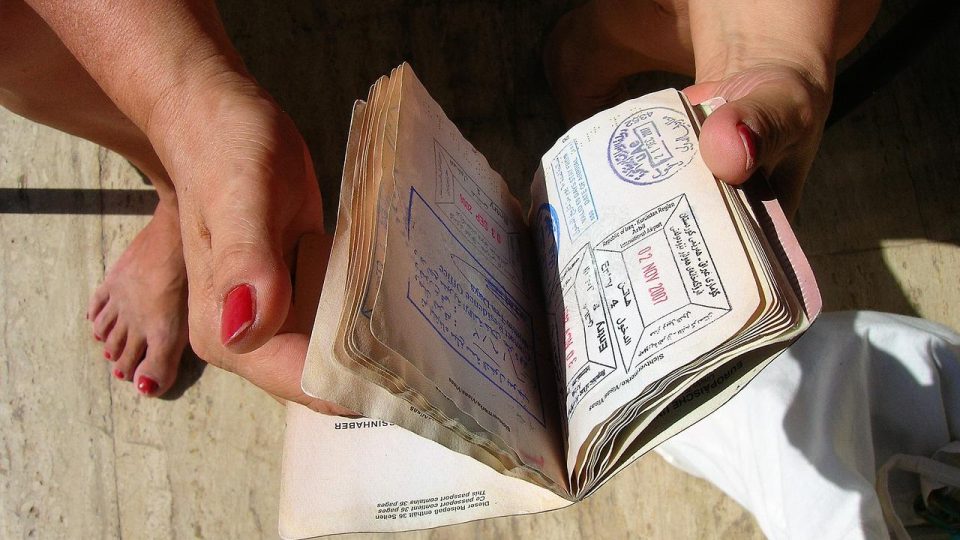The Entry Visa for Foreign Citizens
Foreign citizens who intend to enter Italy are obliged to show their identification document at the controls: if the stay is less than ninety days, it is mandatory to apply to the Italian diplomatic representations in their country of origin, for an Entry Visa only if expressly provided for, otherwise, it is possible to enter the national territory simply by showing an identification document. If the stay is longer than ninety days, it is always mandatory to apply for an Entry Visa.
Types of Entry Visas
There are different categorizations of Entry Visas:
– Type A (airport transit).
– Type B (transit).
– Type C (short-term stays or travel up to ninety days).
– Type D (stays longer than ninety days).
In addition, they can be divided into further subcategories such as:
– Short-term visas (business, tourism, airport transit, and transit).
– Long-term visas (business, medical treatment, sports competition, work, religious reasons, family reunification, study).
Entry Visa Requirements
For the purpose of granting an Entry Visa, several documents are required of the foreign national, which differ depending on the type required.
Among the most common we can list the following:
– Valid travel document (passport).
– Declaration of invitation from an Italian citizen or foreign national legally residing in Italy.
– Health insurance covers medical expenses in case of emergency.
– Proof of suitability of accommodation or declaration of hospitality.
– Should the foreign national come from certain countries, proof of adequate financial resources may be required through the submission of a surety policy.
– Ticket to return to one’s country of origin.
Simultaneously with the issuance of the Entry Visa, the Italian Diplomatic Representation delivers to the foreign national a written communication setting out the rights and duties inherent to entry and staying in the national territory.
On the other hand, if the legal requirements for the issuance of a Visa are not met, the Diplomatic Representation will deny the granting of the same, notifying the foreign national. For reasons related to security or public order, no grounds for denial are required, contrary to the current regulations for applications submitted for reasons of medical treatment, work, family, or study.
Finally, the submission of altered or falsified documents implies the inadmissibility of the application in addition to the consequent criminal liability of the applicant.



